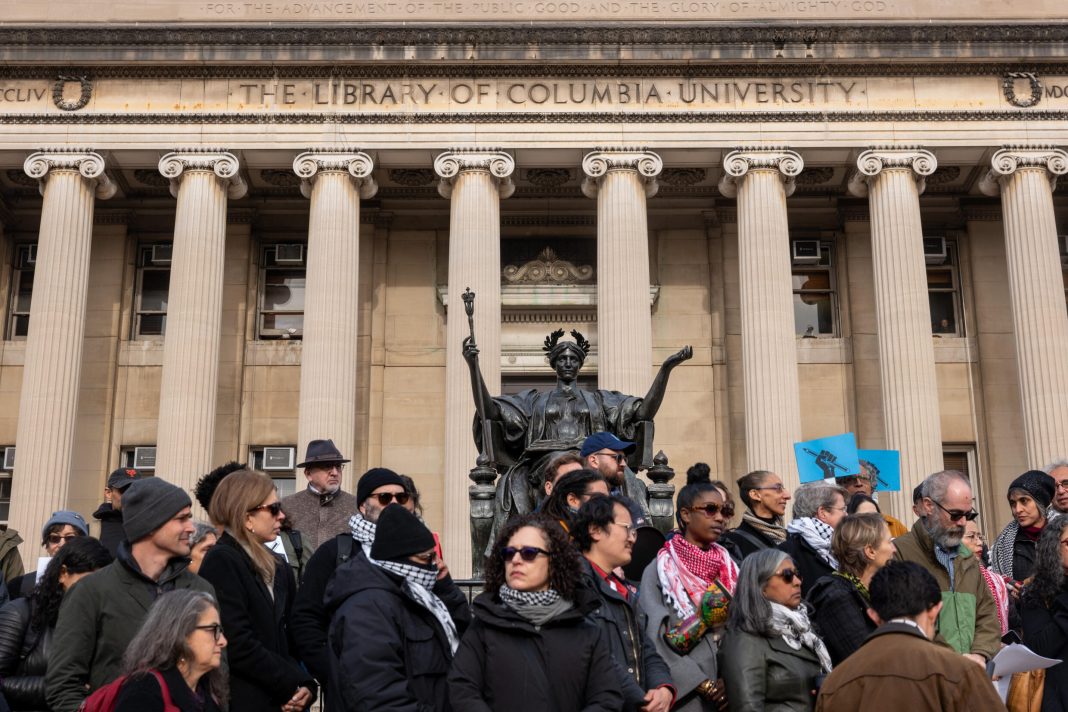In a contentious episode at Columbia University, student activist Khymani James, known for his role in the anti-Israel Gaza Solidarity Encampment, made provocative statements during a live-streamed university inquiry, exacerbating tensions on campus. James, who identifies with multiple pronouns, asserted in the session that “Zionists don’t deserve to live,” intensifying the scrutiny from both university officials and the public.
During the hearing, which was part of a university response to a concerning Instagram post by James, he reiterated his stance with combative language, stating his willingness to “fight to kill” Zionists. This rhetoric prompted a Columbia employee to question the appropriateness of his statements, highlighting the university’s struggle to balance free speech with community safety.
James, a junior and prominent figure in the Columbia University Apartheid Divestment group, has been at the forefront of several demonstrations, drawing national attention. Despite the inflammatory nature of his comments, he maintained his position in a recent press conference, stating he felt justified in his calls for violence against individuals he perceives as threats.
The university’s inquiry into James’s conduct has raised significant concerns about the limits of speech and the potential for violence. Columbia officials, while refraining from commenting on specific disciplinary actions, hinted at possible consequences for violations of student conduct policies. The outcome of the university’s investigation remains uncertain, with the spokesperson indicating that disciplinary measures might have been applied post-publication of the initial story.
This incident at Columbia University underscores a troubling trend of escalating rhetoric on college campuses, where the line between free expression and incitement remains hotly debated. As institutions continue to grapple with these challenges, the implications of such discourse on campus safety and student conduct policies are increasingly coming to the fore.

